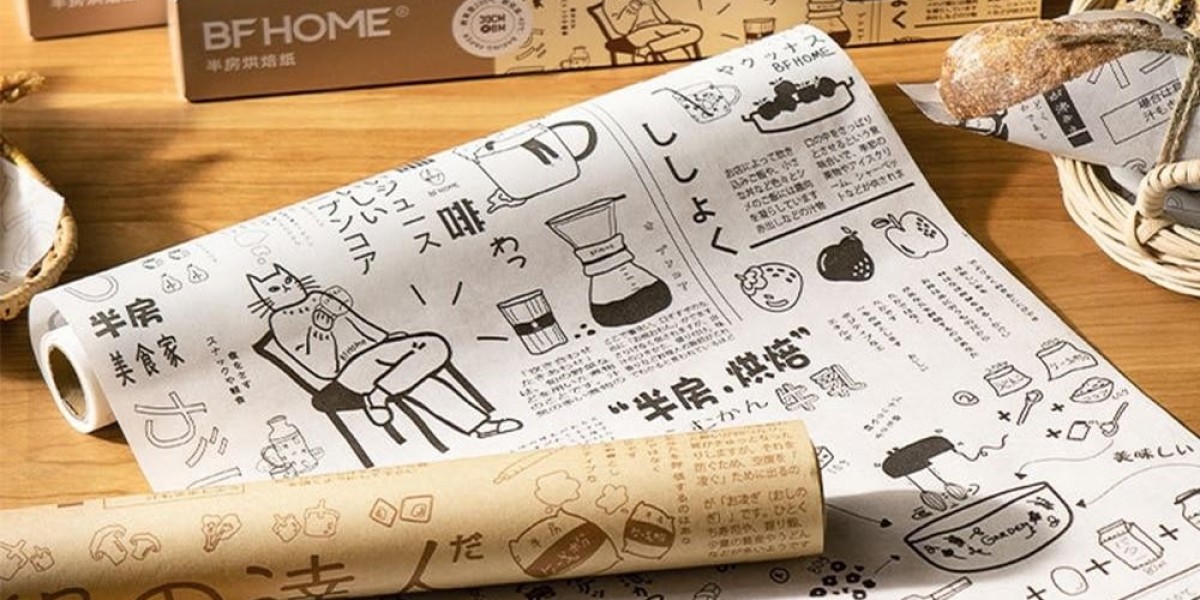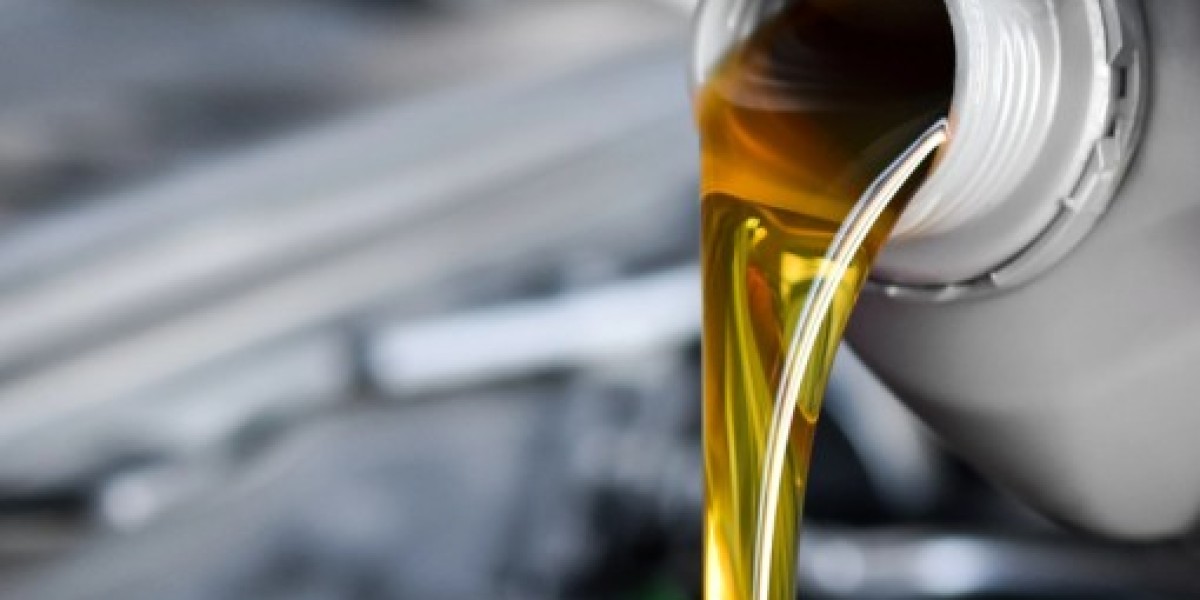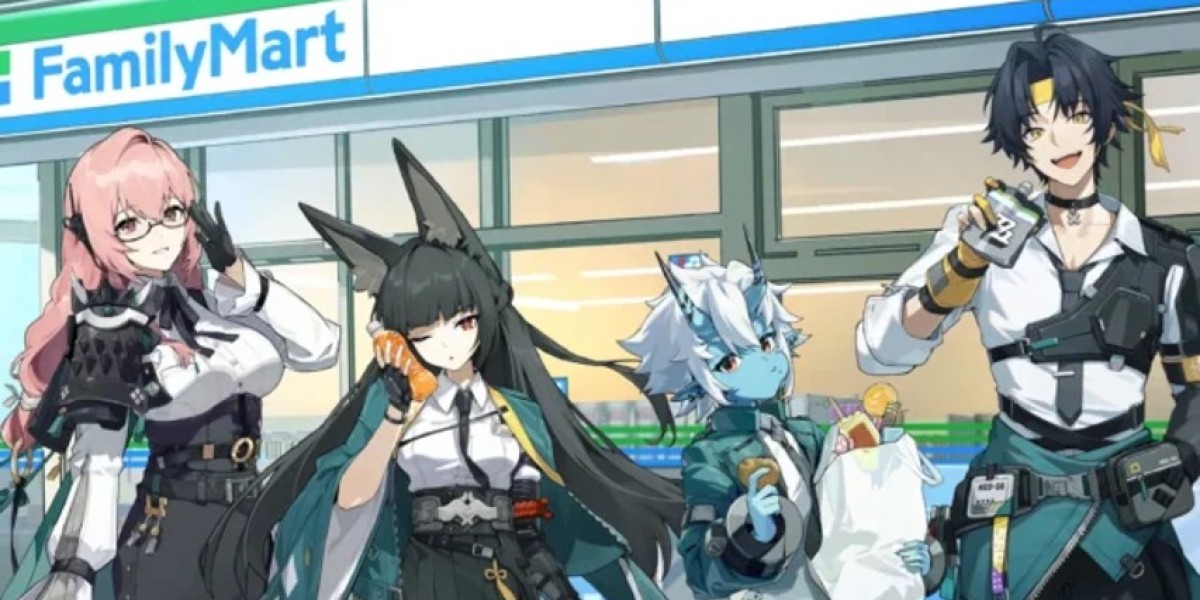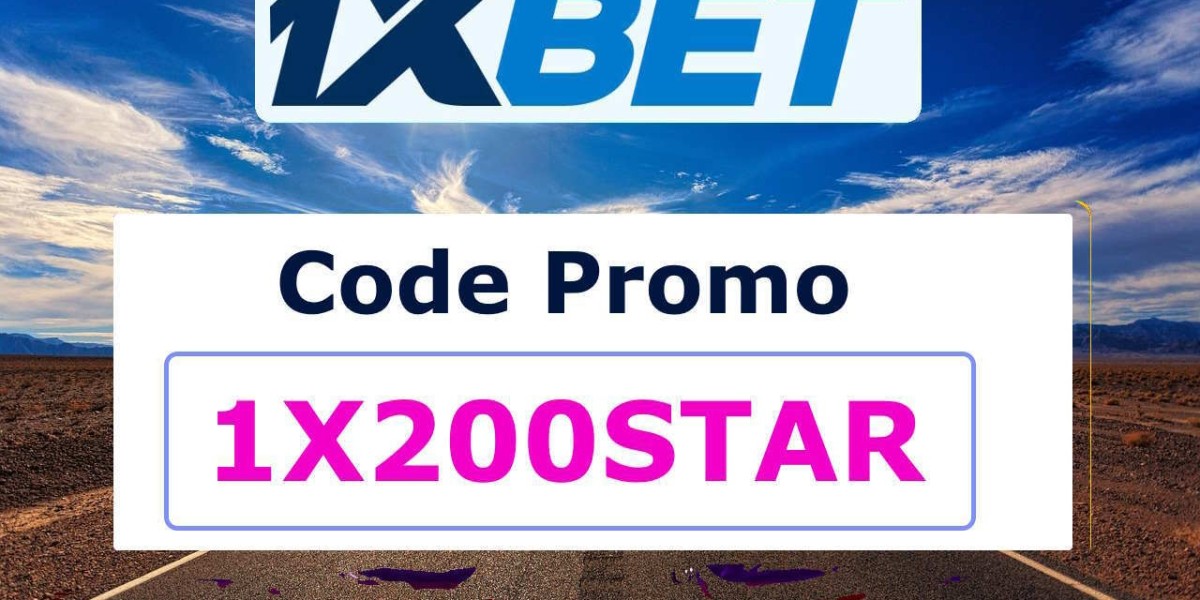Restaurant owners throw money at promotions all the time. They see empty tables and think, "Maybe a discount will fix this." So they put up signs, blast social media, and offer crazy deals. Then nothing happens. Or worse - they get busy for a week and go right back to being dead. It's frustrating as hell. You spend your marketing budget, work extra hours, and stress about getting people in the door. But most promotions just don't work. And nobody explains why. The restaurant business is brutal. Competition everywhere, costs going up, customers getting choosier. When you're struggling, promotions seem like the obvious answer. But doing them wrong can hurt your business more than help it.
What Makes Discount Promotions Backfire?
Big discounts bring the wrong people. You know the type - they show up with coupons, complain about everything, leave tiny tips, never come back unless you're giving stuff away. These aren't customers you want. My buddy runs a pizza place. He tried 50% off pizzas for a month. The place was packed with bargain hunters who nitpicked everything. As soon as the promotion ended, they vanished. His regular customers stopped coming too because the service was terrible with all those difficult people. Here's what happens with deep discounts. You need twice the customers to make the same money. But your kitchen gets slammed, servers get overwhelmed, and waxpapershub quality drops. Regular customers have bad experiences and don't return. You've paid money to drive away good customers. Plus, discount customers train your regulars to wait for sales. Why would someone pay $15 for a burger today if they know you'll sell it for $8 next month? You accidentally teach people that your food isn't worth full price.
Why Does Timing Make or Break Your Campaign?
Restaurants launch promotions whenever they feel like it. Tuesday seems good, so they will start on Tuesday. But timing is everything. Launch at the wrong time, and even great deals flop. Don't start lunch specials when the office building next door is closed for construction. Don't push family dinners during exam week when parents are stressed. Don't run weekend specials during playoff season when everyone's watching games at home. You gotta think about what's happening in people's lives. If your customers are busy, broke, or distracted, no promotion will work. But if you catch them when they need what you're offering, even small discounts can pack the place. Look at your slow periods. That's when promotions help. Running specials during busy times just gives away profit for no reason.
Are You Speaking to the Wrong Customers?
Most restaurants try to appeal to everyone. Their promotions say stuff like "delicious food at great prices." That's boring. It doesn't make anyone excited to visit. College kids want different things from retired couples. Business people need quick lunches, and families want kid-friendly options. You can't make everyone happy with one generic offer. Figure out who your best customers are. What problems do they have that you can solve? Office workers need fast service during lunch rush. Parents want places where kids won't go crazy. Date night couples want somewhere special. Then create promotions that speak directly to those needs. "Lunch in 10 minutes or it's free" gets busy people's attention. "Kids eat free on Sundays" brings in families looking for affordable outings.
Is Your Message Getting Lost in the Noise?
You put up one Facebook post about your promotion and wonder why nobody shows up. People see hundreds of ads every day. Your message needs to break through all that noise. One post isn't enough. You need to hit people multiple times through different channels. Email your customer list, post on all your social accounts, put up signs, and maybe even try radio or newspaper ads if your budget allows. Keep your message simple, too. Complicated promotions with tons of rules confuse people. "Half-price appetizers on Wednesdays" is way better than "Buy two entrees and get 50% off appetizers of equal or lesser value, valid Wednesday only, dine-in only, cannot be combined with other offers." Make it easy to understand and easy to remember. People should be able to repeat your offer to their friends without getting confused.
What Happens When You Don't Tell Customers What to Do Next?
Lots of restaurant promotions just announce the deal and assume people will figure out the rest. That's a mistake. People are lazy and distracted. If you don't spell out exactly what they should do, most won't do anything. Your promotion needs clear instructions. Tell people when to come in, what to say, and what to bring. Remove every possible barrier between them, seeing your offer, and showing up. "Come in this Tuesday through Thursday and mention this special" is much better than just "Tuesday through Thursday special." People need to know exactly how to get the deal. Deadlines help too. When people know an offer expires, they're more likely to act fast instead of forgetting about it later.
How Can Smart Marketing Materials Transform Your Results?
Every time someone takes food from your restaurant, that's a marketing opportunity. Smart places use things like custom food paper sheets to keep promoting even after customers leave. Your takeout bags and food wrapping can advertise upcoming specials, your website, and your social media. When people bring your food to their office or eat at home, other people see your branding. Maybe their coworker asks where they got that great-looking sandwich. Now your packaging is doing marketing work without you spending extra money. Think about every way customers interact with your business. Each touchpoint can help build relationships and spread the word about your restaurant.
How Can You Turn Data into Better Results?
Most restaurant owners never track their promotion results. They run a special, see if it feels busy, and call it good or bad based on their gut feeling. That's not how you improve. You need real numbers. How many new people came in? How much extra money did you make? Did those promotional customers ever come back and pay regular prices? Without tracking this stuff, you'll keep making the same mistakes. Start simple. Count new faces during your promotion. Add up the extra sales. Follow up with promotional customers to see if they return. This data tells you what's working and what's just wasting money. Test small before going big. Try your promotion idea with just your email list first. If it works there, expand it. If it bombs, you haven't blown your whole marketing budget finding out. Restaurant promotions can absolutely work when you do them right. But most owners make basic mistakes that kill their results. Understanding your customers, timing things correctly, communicating clearly, and measuring what happens - get those basics right and promotions become powerful tools for growth instead of expensive headaches.







